Poland Unfiltered: Murder Trees, Vodka, Salt Mines, and More
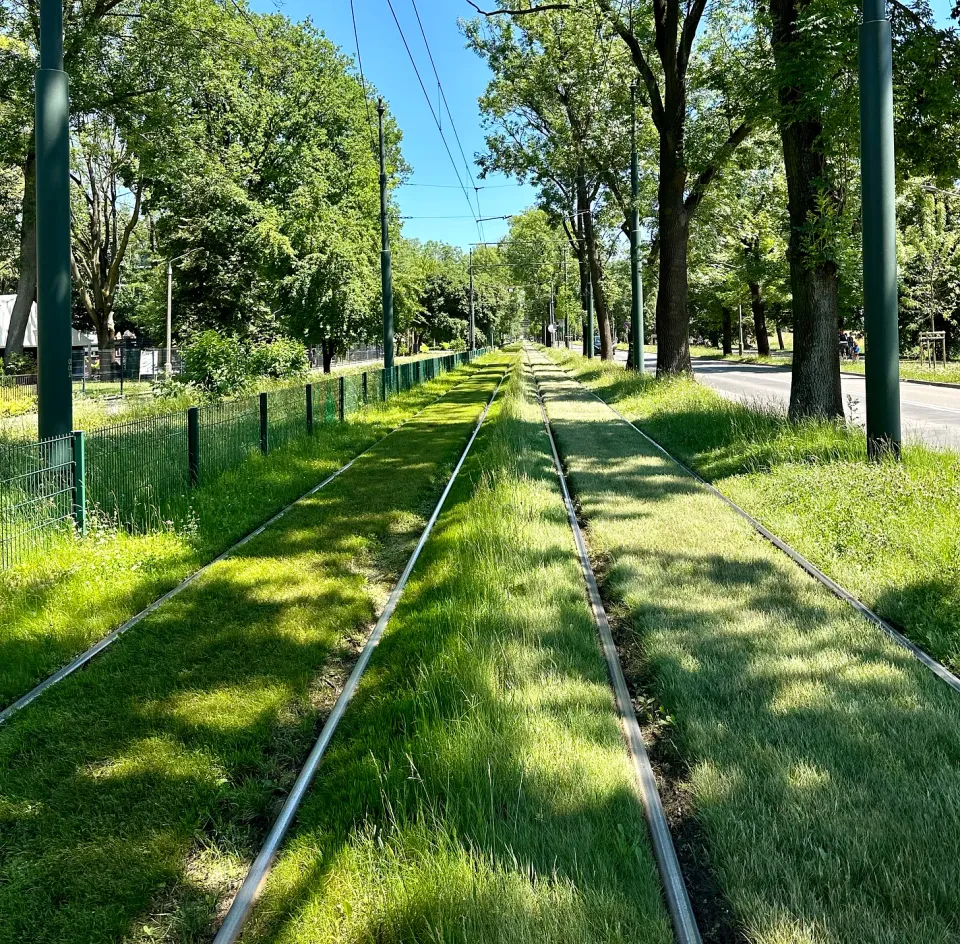
The following is a collection of Substack Notes from my time in Poland. I'm trying to stay away from VC-backed and techno-feudal-lord-run platforms that hijack our attention, polarize, and dumb us down with short-form content. But what happens when we curate quotes, pictures, and ideas through a linking theme or topic? Does it still distract? Or does it engage us and force us to make connections?
Let me know in the comments.
Krakow, Poland
Going out in Krakow, Poland, is like drinking in a museum. It’s also partying in rooms where Jewish families were brutalized and murdered. You are reminded of the blood running through the wall’s fissures. Sometimes, the veins get cut and leak graffiti. You can feel the past’s eerie silence even when music and laughter pulses from the city’s heart.







The Botanic Gardens of Jagiellonian University in Krakow was founded in 1783 and has around 9’000 different species… of which I could name 2.



I’ve never had a trail riding experience quite like in Krakow, Poland. There are endless parks, wild enough to make you believe you're in the mountains until you suddenly pop out in front of a monument, bar, or food truck gathering. You can forget about life’s worries, but you cannot forget the wars. In Poland, you are confronted with humanity’s darkness while enjoying life to its fullest. It’s a place where you don't need to forget the past to live in the present and have hope for the future.




Although I don't usually support chains or corporate franchises, I go to Carrefour in every European city I visit. It gives a reference point to compare cultures with fewer variables. They have the resources to know what the people and current culture demand.


Krakow is the most breathable big city (in the spring) I’ve visited in Europe so far. Poland’s population is 40% rural, and I see the country’s pastoral soul in its city.
Also, something I didn’t think about before talking to locals. Krak0w’s official population is 767,000, but the actual population is closer to 1 million because of all the students.


Take two shots of Polish vodka and write a poem within five minutes. Whatever words come to mind are valid.
Foreign baskets woven
by claws. Bodies skinned
with sinners’ minds and
saints in straight jackets.
These words fall ashore
with currents of life water
fermented for midnight
crawlers.
Your turn…

What are your favourite facts about salt?
I just visited Wieliczka Salt Mine, and it was one of the most incredible mine tours I've experienced, although it was in a big tourist group. It features shafts, maze-like passageways, historic salt-mining technology displays, an underground lake, four chapels, and statues carved from rock salt by miners and contemporary artists. The mine reaches a depth of 327 meters (1,073 ft) and spans over 287 kilometers (178 miles) of passages and chambers!
Also, reading Salt: A World History" by Mark Kurlansky makes visiting salt mines that much more impactful.
Here are some random sexy salt facts:
- In ancient Rome, salt was linked to fertility and sexual health. Roman soldiers were given salt as part of their wages (the origin of the word "salary"), which was believed to enhance their virility.
- In some cultures, salt is a symbol of fidelity and loyalty, which extends to the realm of marriage and sexuality. For instance, in traditional Japanese weddings, salt is often included in rituals to purify and bless the union.
- In European folklore, salt was sometimes used in love potions or as part of superstitious practices intended to attract or secure a partner.
- In some traditional beliefs, salt was thought to contain powerful energies, including sexual energy. For example, in Hinduism, salt is used in various rituals to ward off evil and promote physical and spiritual well-being, which can include aspects of sexual health.




My tastebuds are not political.
Here’s some Jewish cuisine I enjoyed during TYDZIEN ZYDOWSKI (Jewish week) in Krakow.
- Cod / Matzoh / Matbucha
- Baba ghanoush & Zuccini floerPine nute / Cumin / Pomegranate
- Gesie pipki / Goose delicacy
- Trimmes / Celery / Capers
- Kuku with broad bean & salmon
- Barberry / Créme fraiche / Coriander
- Takluba z kaczka / Makluba with duck
- 2 basmati / Kalafior / Figa smati rice / Cauliflower / Fig
- Ika & Pascha / Challah & Paschal meal






Krakow is one of the most walkable cities I’ve ever visited. Yesterday, I walked for 3.5 hours through trails like these. You might not expect it, but there’s a bar, restaurant or store within five minutes at every turn.


Tricity (Gdansk, Gdynia, and Sopot)
I’m working my way North again. I just arrived in Gdynia. For the next month, I’ll interview locals about the Tricity (Gdansk, Gdynia, and Sopot). Let me know if you want me to explore something specific while I’m here!


Murder Trees
See the beautiful trees tunnelling the road? In Poland, some people want to remove these murderous bastards because people keep driving into them at 200km per hour and/or drunk.

Translation of the cartoon: Roadside murderer trees.
Translation of the trees with legs: A tree trying to throw itself under a driver who was going 200 km/hr.
Once you start loving a country’s memes, it’s a sign you’re starting to acculturate.


One thing I love about Poland is that laws are merely guidelines.
Online, it clearly states that camping on Polish beaches is illegal and that you will be fined. Fortunately, I listened to and copied the locals in Hel (one L).
What it didn’t clearly state online is that my tent DOES NOT COME WITH POLES. I love Decathlon, but who the fuck sells a tent without poles? That’s called a tarp.



My time in Poland has come to an end. Of course, my memory will return to the sites, conversations, meals, and all the other reasons we travel. However, this poem captured all I experienced there, above all else.
Did you enjoy this curated collection of Notes? Let me know in the comments.
Do you want to read about Poland from local perspectives?
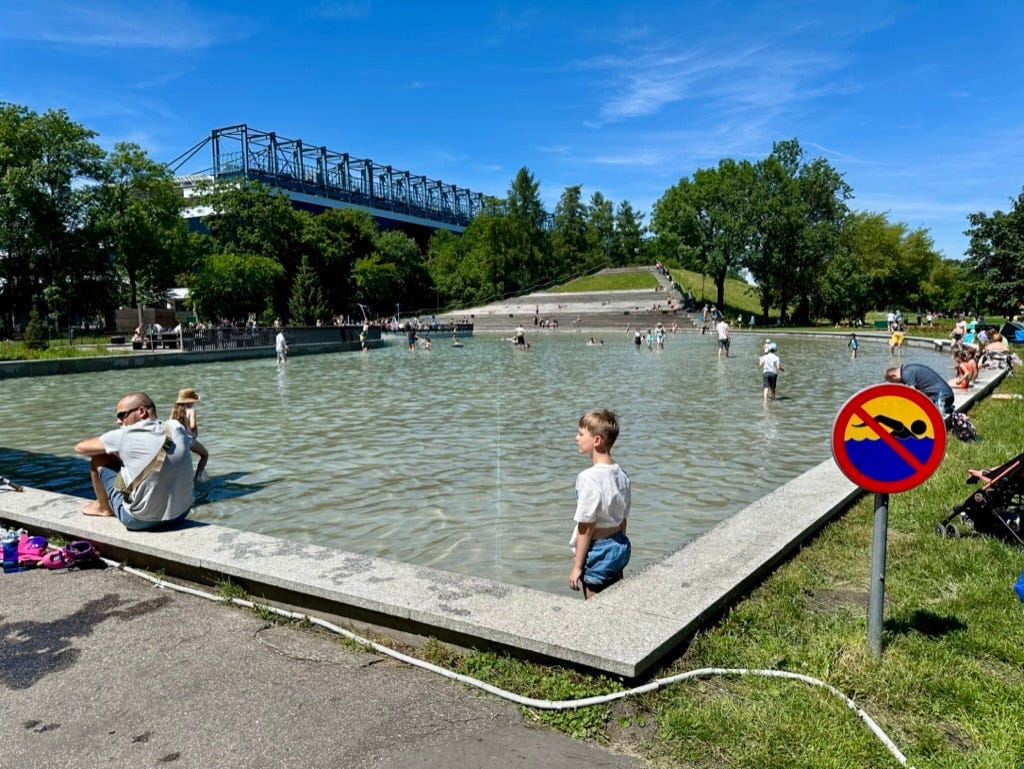
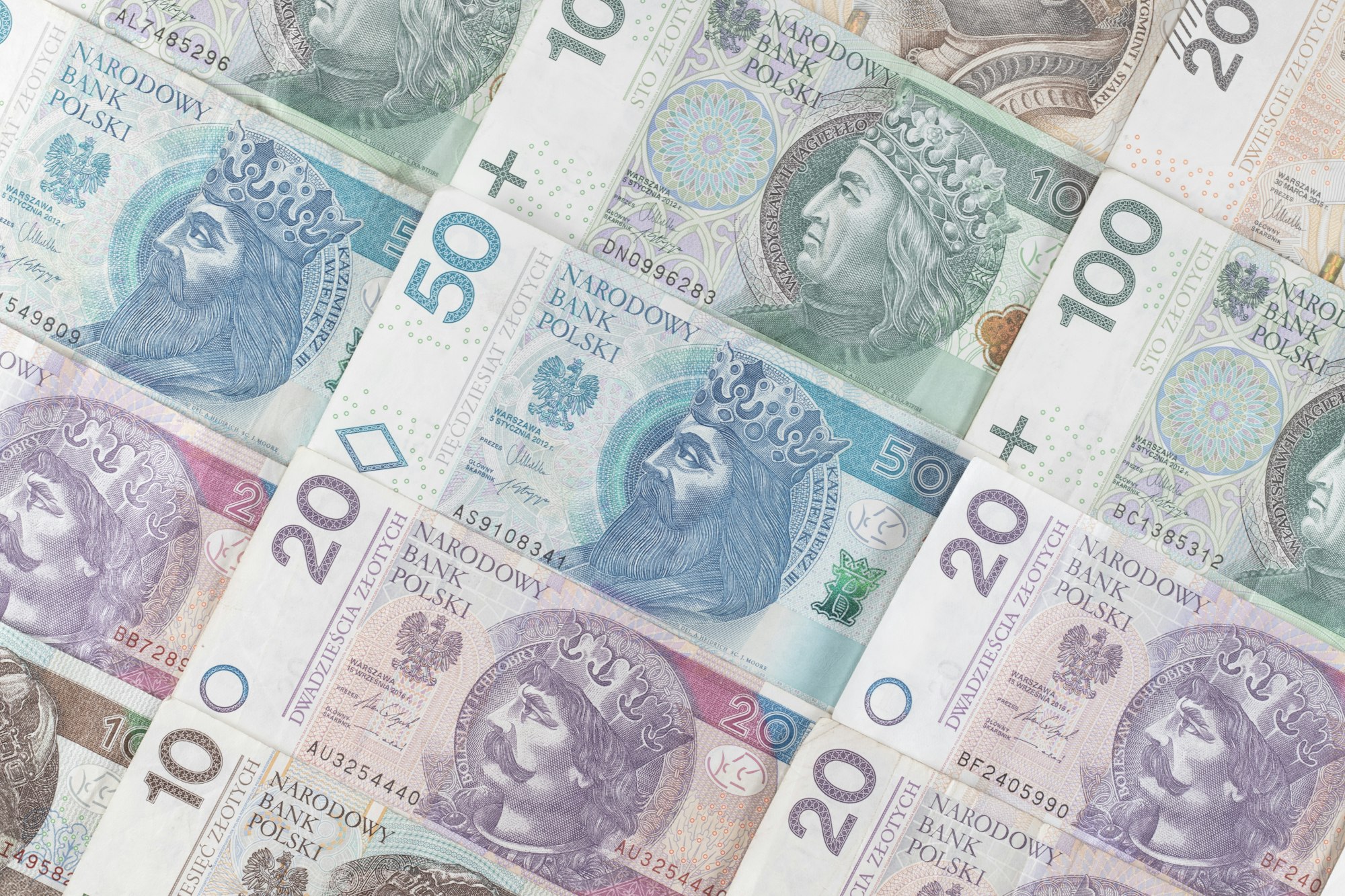
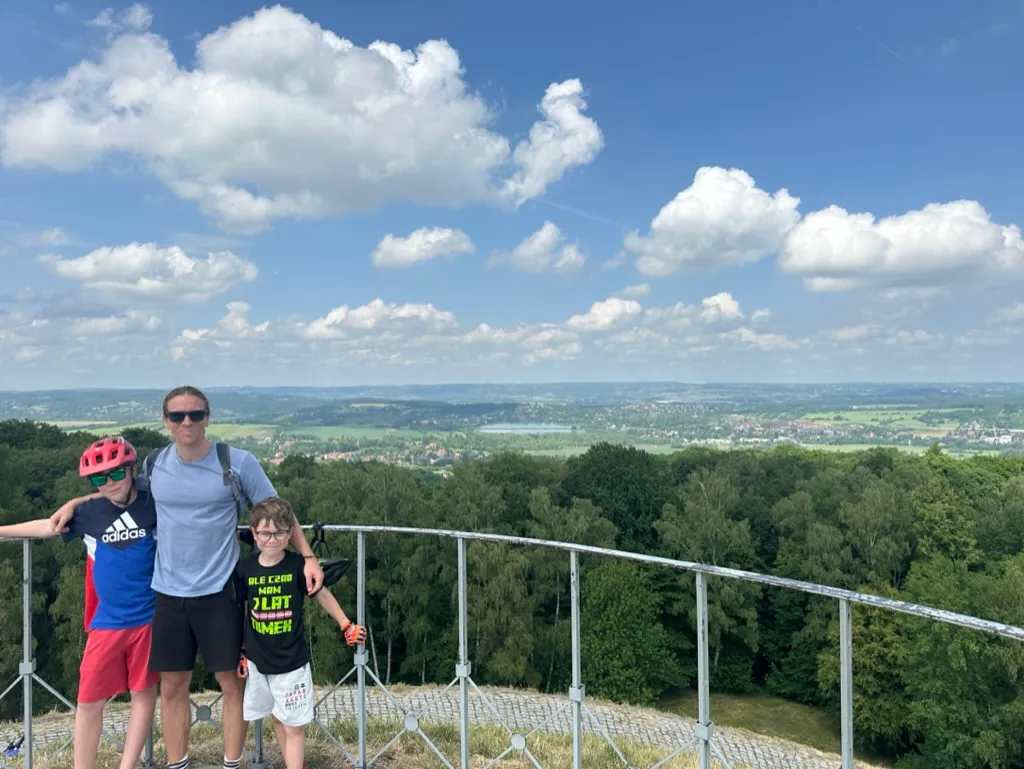
More on my experience.
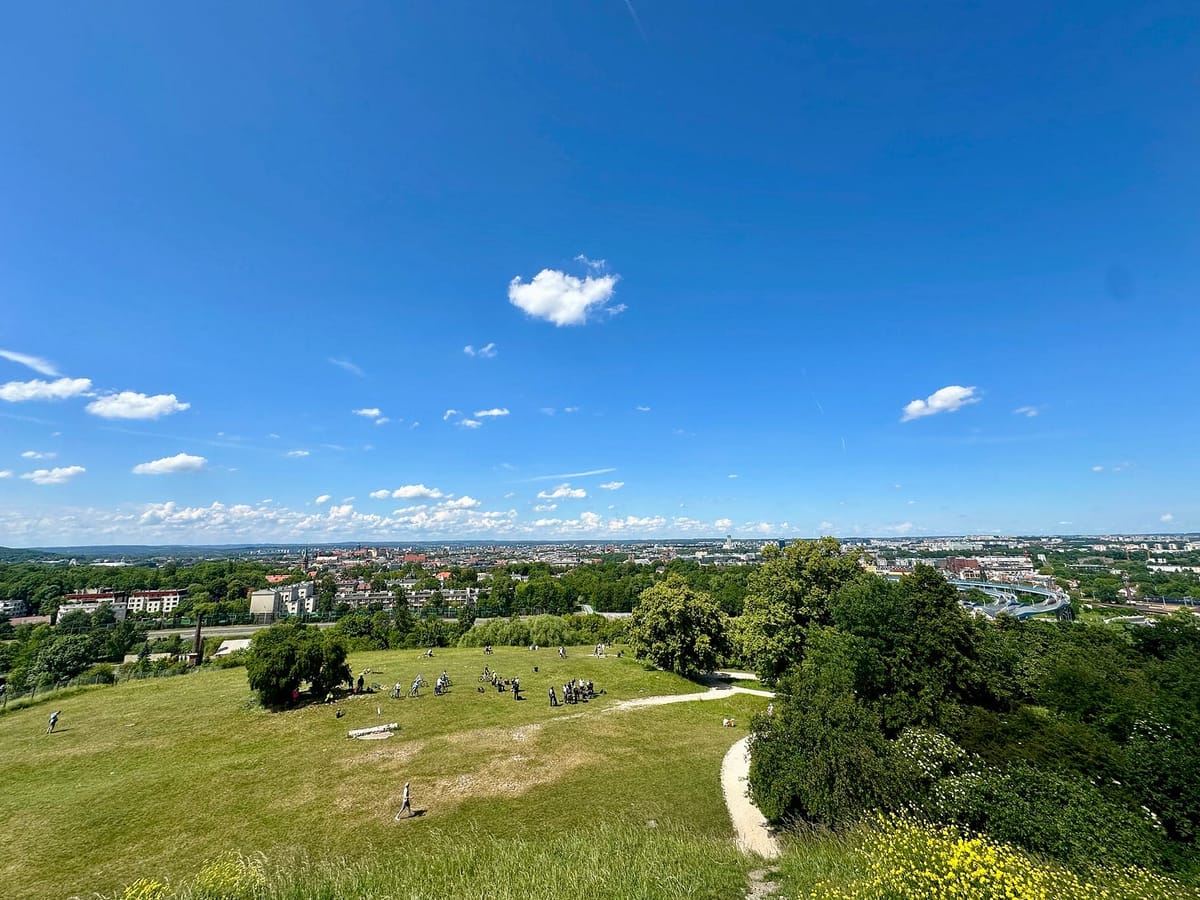
If you believe in research and writing that break down borders, foster cross-cultural understanding, and inspire people to live unbound, consider becoming a paid subscriber to Born Without Borders.
All my work is published on Ghost, a decentralized, non-profit, and carbon-neutral platform—free from VC funding and the grip of technofeudal lords.
I don’t use algorithms to hijack your attention.
My work can only exist if you share and support it.
Affiliate Links for Global Citizens
- Home Exchange: Trade homes, not hotel bills. Live like a local anywhere in the world.
- Wise: Send money across borders without losing your mind (or half your paycheck in fees).
- Preply: Make a living teaching people worldwide.
- Flatio: A more ethical version of Airbnb.
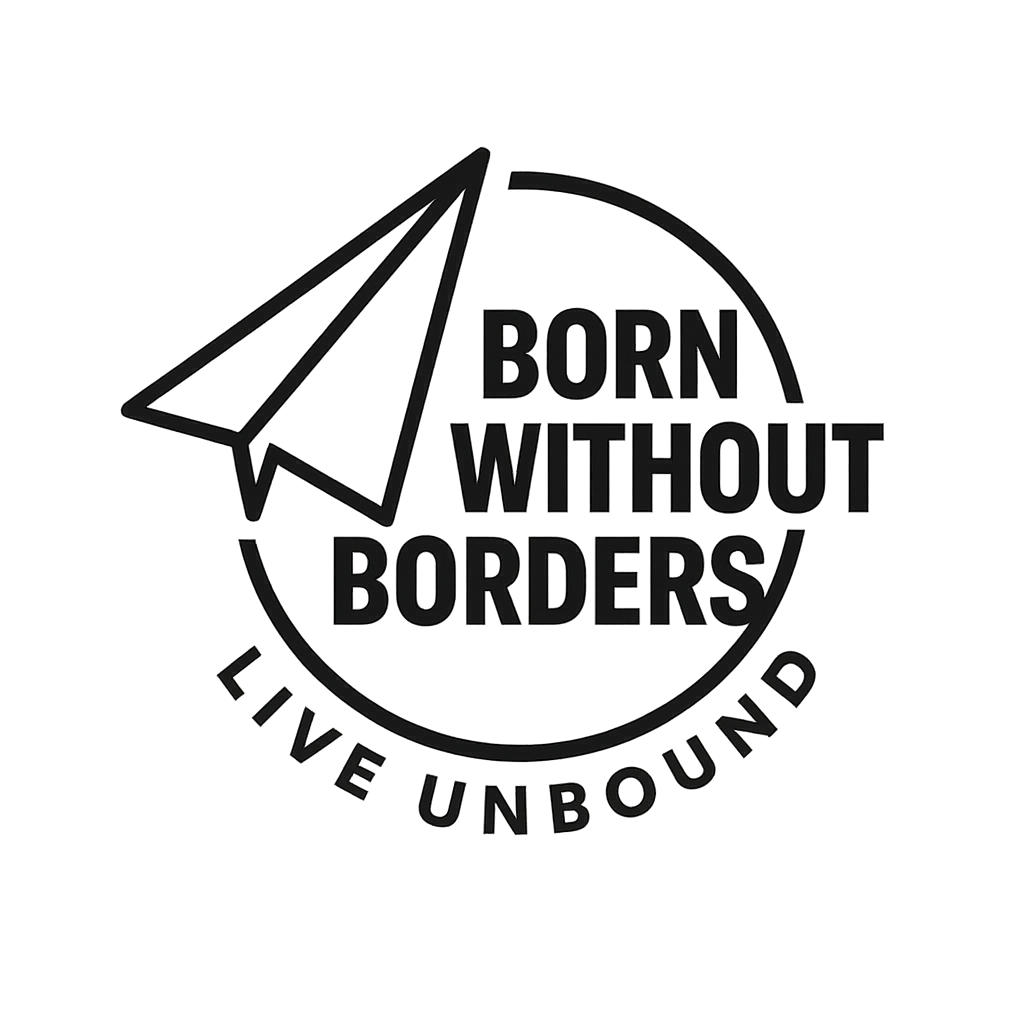




Member discussion